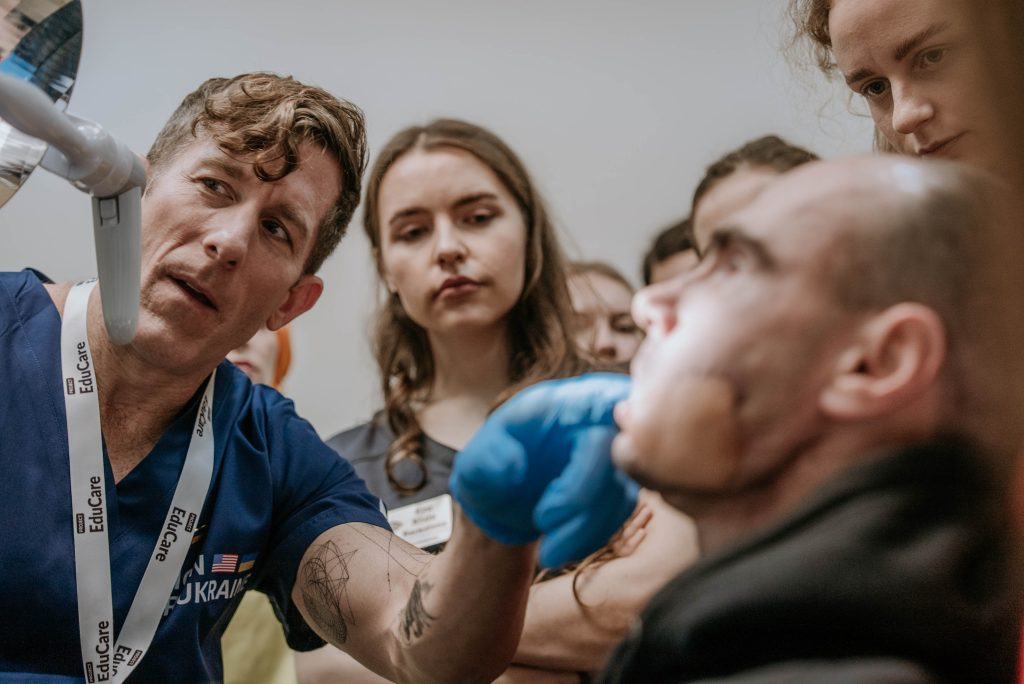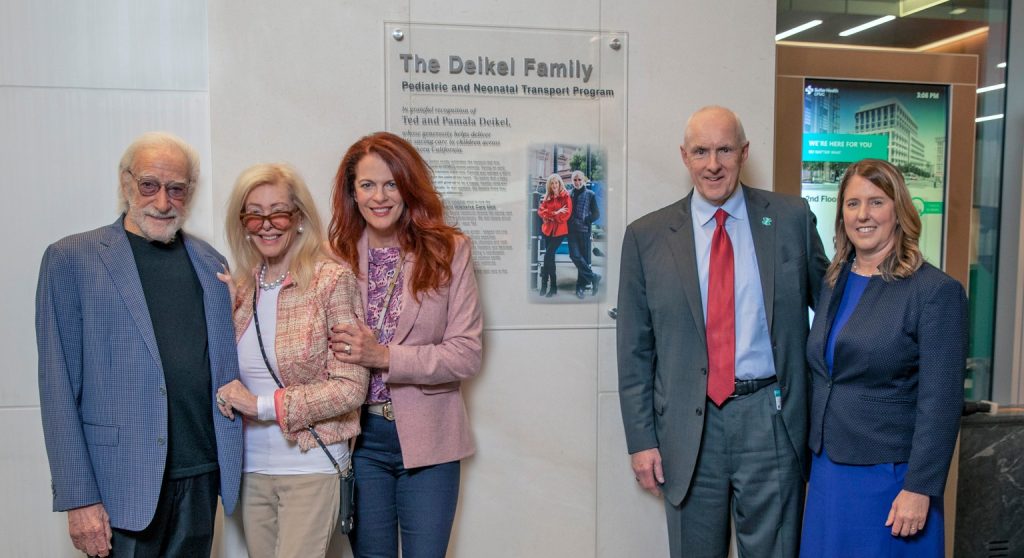ROSEVILLE, Calif. — The rate of pregnancy-related death is increasing in the United States, made all the more tragic by its disproportionate effect on one particular group: Black women are dying at a rate three to four times higher than that of their White and Hispanic counterparts. And the research shows that these disparities remain even when accounting for variables, such as education, geography and socioeconomic status.
That was the need at the forefront for Sutter’s medical education leaders when they successfully sought a state grant to develop a new OB-GYN residency. The program will be in partnership with WellSpace Health, a federally qualified health center (FQHC) with a clinic on the Sutter Roseville campus. FQHCs serve medically underserved areas and populations and provide primary care services on a sliding scale, regardless of patients’ ability to pay.

Dr. Janine Bera, chief medical officer of WellSpace Health.
“Healthcare equity requires us, as doctors, to humbly learn from the lived experience of marginalized people and adjust our practice of medicine accordingly,” said Dr. Janine Bera, WellSpace Health’s chief medical officer. “Thanks to our partnership with Sutter Health, we can help the next generation of healthcare providers do just that and impact disparities we still see today.”
The California Department of Health Care Access and Information (HCAI) is granting the funding through the state’s Song-Brown Healthcare Workforce Training Act, which HCAI Director Elizabeth Landsberg calls “vital to California’s efforts to provide equitable access to health care.” Funding priorities for Song-Brown programs include training and placing graduates in medically underserved areas and increasing health provider diversity.
A total of nearly $50 million will go to support 17 new and expanded primary care residency programs and create 87 new residency positions across California. Sutter’s new OB-GYN program will account for 12 of those positions at full complement. The grant will go to support the planning and development of this residency program, with the goal of welcoming its first residents in 2025.

Dr. Conrad Vial, chief clinical officer with Sutter Health.
“Not only do Sutter’s physicians and care teams provide care at the highest levels of quality and compassion, but they do it for one of the most diverse patient populations in the United States and with a mission-driven focus on closing the gap on health equity,” said Dr. Conrad Vial, Sutter Health senior vice president and chief clinical officer. “This grant funding supports the planning and development of a residency program that sits squarely at the intersection of all those factors.”





